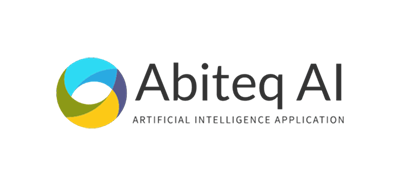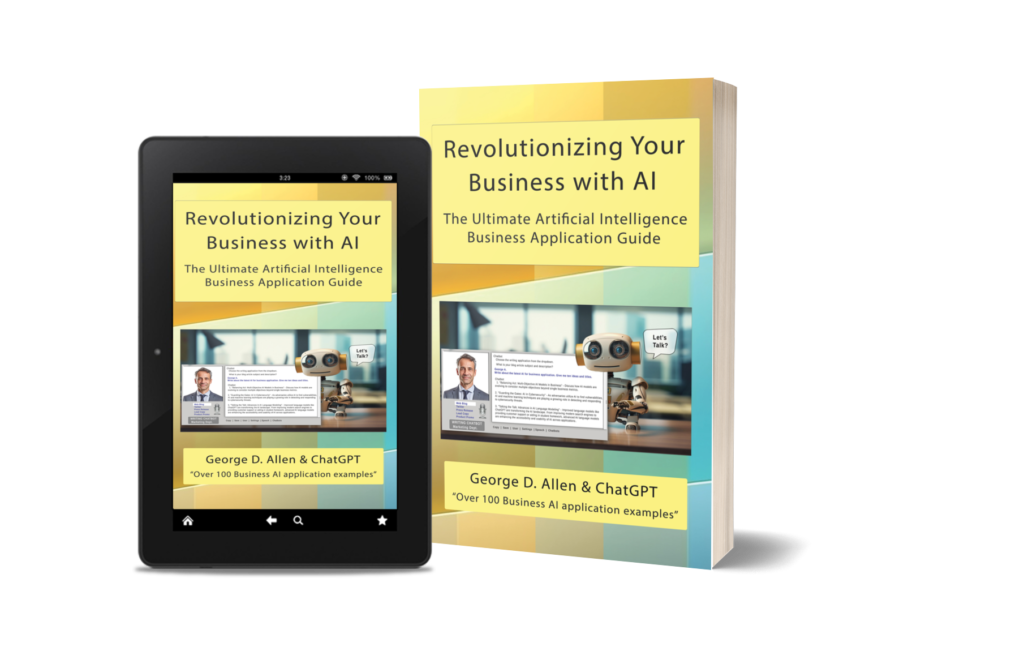We explore the potential benefits of AI applications for business Small and Medium-sized Enterprises. Of course, many applications work for all company sizes, so review all cases for the best overview. We discuss various use cases, offering guidance on selecting the most appropriate AI solutions for businesses, and providing examples of successful AI implementations. By understanding how AI can be leveraged to improve efficiency, reduce costs, and enhance customer experiences, businesses can capitalize on the transformative power of AI to drive innovation and growth.
AI Business Applications for Small and Medium-sized Enterprises
Small and Medium-sized Enterprises (SMEs) can benefit from AI applications that improve efficiency, reduce costs, and enhance customer experiences. Some examples of AI applications for SMEs include:
- Automating administrative tasks: AI can streamline tasks such as invoicing, payroll, and data entry, freeing up staff to focus on more strategic activities.
- Customer relationship management (CRM) systems: AI-powered CRM systems can help SMEs manage customer interactions more effectively by automating follow-ups, tracking engagement, and providing personalized recommendations.
- Fraud detection: AI algorithms can analyze financial transactions to detect and prevent fraud, protecting SMEs from potential losses.
- Market analysis and competitor tracking: AI can help SMEs monitor market trends and competitor activities, enabling them to adapt their strategies and maintain a competitive edge.
Automating Administrative Tasks
AI can streamline tasks such as invoicing, payroll, and data entry, freeing up staff to focus on more strategic activities. By automating these time-consuming and error-prone tasks, AI can improve overall operational efficiency and reduce the risk of errors, which can result in cost savings for SMEs. For example, AI-powered tools like QuickBooks, Xero, and Sage can automate bookkeeping and accounting tasks, while chatbots like Clara and x.ai can help with scheduling and managing appointments.
Customer Relationship Management (CRM) Systems
AI-powered CRM systems can help SMEs manage customer interactions more effectively by automating follow-ups, tracking engagement, and providing personalized recommendations. By leveraging AI to analyze customer data, CRM systems can generate insights that enable SMEs to tailor their marketing and sales efforts more effectively, ultimately driving increased customer satisfaction and loyalty. Some popular AI-powered CRM tools include Salesforce Einstein, Zoho CRM, and HubSpot CRM.
Fraud Detection
AI algorithms can analyze financial transactions to detect and prevent fraud, protecting SMEs from potential losses. By identifying unusual patterns or inconsistencies in transaction data, AI can help SMEs quickly respond to potential fraud, minimizing financial damage and enhancing overall security. Examples of AI-powered fraud detection tools include Sift, Riskified, and Feedzai.
Market Analysis and Competitor Tracking
AI can help SMEs monitor market trends and competitor activities, enabling them to adapt their strategies and maintain a competitive edge. By analyzing vast amounts of data from various sources, AI can provide SMEs with actionable insights that can inform strategic decision-making and enable them to respond to market changes more effectively. Some examples of AI-powered market analysis and competitor tracking tools include Crayon, NetBase Quid, and Datanyze.

